
Recovery Tips after Bypass Surgery
29 Apr, 2023
 Obaidullah Junaid
Obaidullah JunaidUndergoing bypass surgery, also known as coronary artery bypass grafting (CABG), is a significant medical event that requires careful recovery and rehabilitation. Bypass surgery is a surgical procedure that involves rerouting blood flow around blocked arteries to improve blood flow to the heart muscle. It is often done to treat coronary artery disease, a condition where the arteries that supply blood to the heart become narrowed or blocked due to a buildup of plaque. Recovery after bypass surgery is crucial for a successful outcome, and here are some important tips to aid in the recovery process.
1. Follow Your Doctor's Instructions: Your doctor will provide specific instructions for your recovery, including medications, diet, activity level, and follow-up appointments. It is essential to follow these instructions diligently to ensure a smooth recovery. Take all prescribed medications as directed, including pain medications, blood thinners, and any other medications your doctor may prescribe. Follow any dietary restrictions recommended by your doctor, such as a low-fat diet, low-sodium diet, or diabetic diet. Adhere to any activity restrictions given, such as avoiding heavy lifting or strenuous exercise. Attend all scheduled follow-up appointments with your doctor to monitor your progress and address any concerns.
Transform Your Beauty, Boost Your Confidence
Find the right cosmetic procedure for your needs.

We specialize in a wide range of cosmetic procedures

2. Take It Slow: Bypass surgery is a major surgery that requires time for healing. It's important to avoid pushing yourself too hard and allow your body to recover at its own pace. Gradually increase your activity level as recommended by your doctor or cardiac rehabilitation team. Avoid lifting heavy objects or engaging in strenuous activities for at least 6-8 weeks after surgery. Be mindful of your body's signals and listen to any signs of fatigue or discomfort. If you experience any chest pain, shortness of breath, or other concerning symptoms, contact your doctor immediately.
3. Participate in Cardiac Rehabilitation: Cardiac rehabilitation is a structured program that is specifically designed for patients recovering from heart surgery, including bypass surgery. It typically involves a combination of supervised exercise, education, and counseling to help you regain strength, improve cardiovascular health, and reduce the risk of future heart problems. Cardiac rehabilitation can also provide emotional support as you navigate the recovery process. Talk to your doctor about enrolling in a cardiac rehabilitation program and commit to attending the sessions as recommended.
4. Maintain a Healthy Lifestyle: After bypass surgery, it's crucial to adopt and maintain a healthy lifestyle to promote long-term heart health. This includes eating a well-balanced diet that is low in saturated and trans fats, cholesterol, and sodium. Incorporate plenty of fruits, vegetables, whole grains, lean proteins, and healthy fats into your diet. Quit smoking if you are a smoker, as smoking can increase the risk of complications and delay the healing process. Limit your alcohol intake, and if you have any questions about alcohol consumption, consult your doctor. Maintain a healthy weight, and if necessary, work with your healthcare team to develop a weight loss plan if you are overweight or obese. Regular physical activity is also crucial for heart health, but be sure to check with your doctor before starting or modifying an exercise program.
5. Manage Stress: Recovery from bypass surgery can be emotionally challenging, and stress can have a negative impact on your overall health, including your heart health. Find healthy ways to manage stress, such as deep breathing, meditation, yoga, or talking to a trusted friend or family member. If you are struggling with anxiety or depression, don't hesitate to seek professional help from a counselor or therapist.
6. Take Care of Your Incision: Proper care of your surgical incision is essential for preventing infection and promoting healing. Keep the incision clean and dry, and follow any specific care instructions provided by your doctor or nurse. Avoid exposing the incision to water until it has fully healed and the stitches or staples have been removed. We loose-fitting clothing that won't rub against the incision site and avoid activities that may strain or put pressure on the incision area. Report any signs of infection, such as increased redness, swelling, warmth, or drainage from the incision, to your doctor immediately.
7. Take Medications as Prescribed: Your doctor may prescribe medications to help manage pain, control blood pressure, lower cholesterol, and prevent blood clots after bypass surgery. It's crucial to take all prescribed medications as directed by your doctor. Don't stop taking medications without consulting your doctor, even if you feel better, as this can have serious consequences for your heart health. If you have any questions or concerns about your medications, talk to your doctor or pharmacist for clarification.
Most popular procedures in
Laparoscopic Cystect
Upto 80% off
90% Rated
Satisfactory
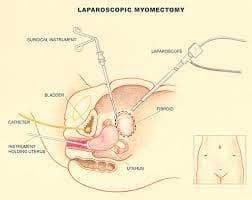
Laparoscopic Myomect
Upto 80% off
90% Rated
Satisfactory
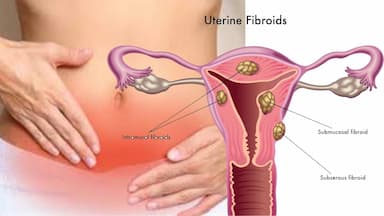
LAVH
Upto 80% off
90% Rated
Satisfactory
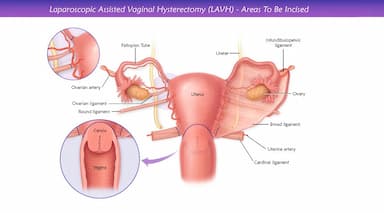
NOTE
Upto 80% off
90% Rated
Satisfactory
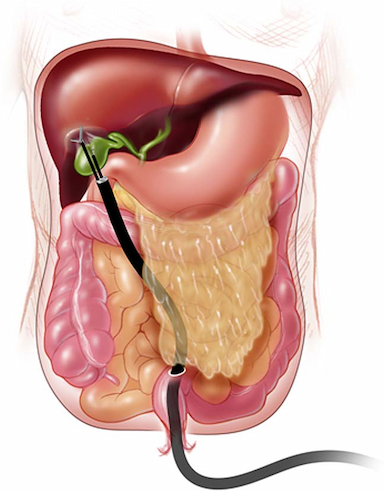
CABG
Upto 80% off
90% Rated
Satisfactory
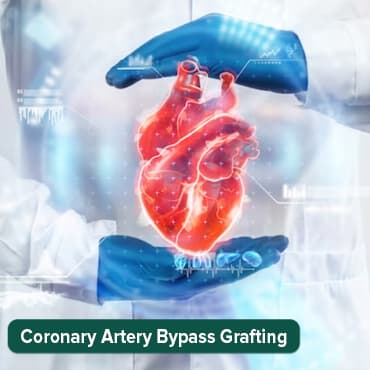
8. Get Support from Loved Ones: Having a strong support system can greatly aid in your recovery process after bypass surgery. Lean on your loved ones for emotional support, encouragement, and assistance with daily tasks if needed. Don't hesitate to talk to them about your fears, concerns, or any challenges you may be facing during your recovery. Having someone to talk to can help reduce stress and promote emotional well-being.
9. Practice Good Sleep Hygiene: Adequate sleep is essential for healing and overall health. Make sure to prioritize good sleep hygiene by establishing a regular sleep schedule, creating a relaxing bedtime routine, and ensuring your sleep environment is conducive to restful sleep. Avoid caffeine, alcohol, and stimulating activities close to bedtime, and talk to your doctor if you are having difficulty sleeping.
10. Watch for Warning Signs: It's important to be vigilant and watch for any warning signs or symptoms that may indicate a complication or recurrence of heart problems. Report any new or worsening symptoms to your doctor immediately. Warning signs may include chest pain or discomfort, shortness of breath, irregular heartbeat, swelling in your legs or ankles, unexplained weight gain, extreme fatigue, or persistent coughing. Promptly addressing any concerning symptoms can help prevent serious complications and ensure proper medical attention.
11. Stay Positive and Stay Informed: Recovery after bypass surgery can be challenging, both physically and emotionally. It's important to stay positive and have a proactive mindset towards your recovery. Stay informed about your condition, follow your doctor's instructions, and take ownership of your health. Celebrate small victories and progress along the way, and be patient with yourself as you navigate through the recovery process. Remember that everyone's recovery journey is unique, and it's okay to have ups and downs. Stay positive and stay focused on your goal of regaining your health and well-being.
In conclusion, recovery after bypass surgery requires a comprehensive approach that involves following your doctor's instructions, taking it slow, participating in cardiac rehabilitation, maintaining a healthy lifestyle, managing stress, taking care of your incision, taking medications as prescribed, getting support from loved ones, practicing good sleep hygiene, and being vigilant for warning signs.
By incorporating these tips into your recovery plan, you can promote healing, reduce the risk of complications, and improve your overall heart health. Remember to consult your doctor if you have any questions or concerns during your recovery journey. With proper care and commitment to a healthy lifestyle, you can optimize your recovery and enjoy a better quality of life after bypass surgery.
Wellness Treatment
Give yourself the time to relax
Lowest Prices Guaranteed!

Lowest Prices Guaranteed!